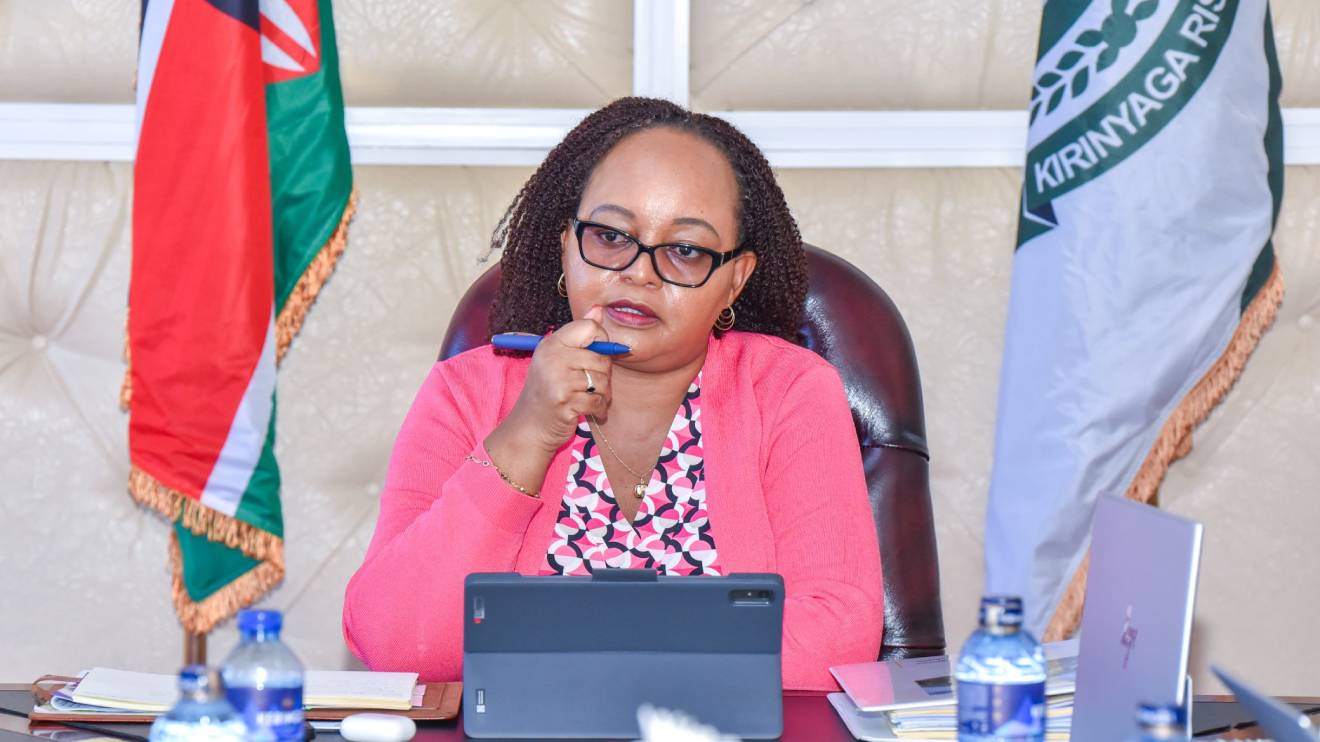Kenya Power Managing Director (MD) and CEO, Joseph Siror, has announced an ambitious plan to increase the number of electric cooking users in Kenya from the current 90,000 to over 500,000 within the next three years.
This groundbreaking announcement was made during the launch of the Global eCooking Coalition (GeCCo) at Africa Climate Week in Nairobi.
"Electricity has traditionally been viewed as the expensive cooking alternative by many Kenyans," stated Siror.
He further elaborated, "Middle-class households often own task-specific electric cooking appliances such as kettles or microwaves but rely on liquefied petroleum gas for the bulk of their cooking."
Highlighting a significant shift in perceptions, Siror continued, "However, this is no longer the case as recent studies have shown. There is, therefore, an enormous untapped potential for e-cooking in the country."
Read More
According to date from a recent study, merely one per cent of electricity customers currently use electric cooking services.
The majority of Kenyans primarily rely on wood fuel and gas for their culinary needs.
The Global eCooking Coalition (GeCCo), unveiled during Africa Climate Week, seeks to expedite the transition from traditional cooking methods to e-cooking, both in domestic and commercial settings.
The coalition comprises prominent organizations such as the Global Energy Alliance for People and Planet (GEAPP), Modern Energy Cooking Services (MECS), Sustainable Energy for All (SEforALL), and Energizing Development (EnDev), among others.
“Kenya Power will work with partners to drive the uptake of e-cooking across the country,” Siror affirmed.
Kenya Power has established demonstration centres in key cities, including Nairobi, Kisumu, Nakuru, and Mombasa, in a bid to advance the national e-cooking agenda.
“The utility has partnered with several other organisations including the Modern Energy Cooking Services (MECS), the African Centre for Technology Studies (ACTS), and the Clean Cooking Association of Kenya (CCAK) to champion e-cooking in Makueni, Kitui, Nakuru, Kakamega, and Kisumu counties.”
These centres will play a vital role in showcasing the advantages of electric cooking and educating consumers about its efficiency and environmental benefits.
To bolster this initiative, Kenya Power has initiated the 'Pika na Power' public awareness campaign, designed to educate and inform its customers about the benefits of e-cooking, thereby encouraging greater adoption.
With Kenya Power's ambitious plan to drastically increase electric cooking users over the next three years, a significant shift towards sustainable and eco-friendly cooking practices could be on the horizon for Kenyan households.



-1714232911.jpeg)




